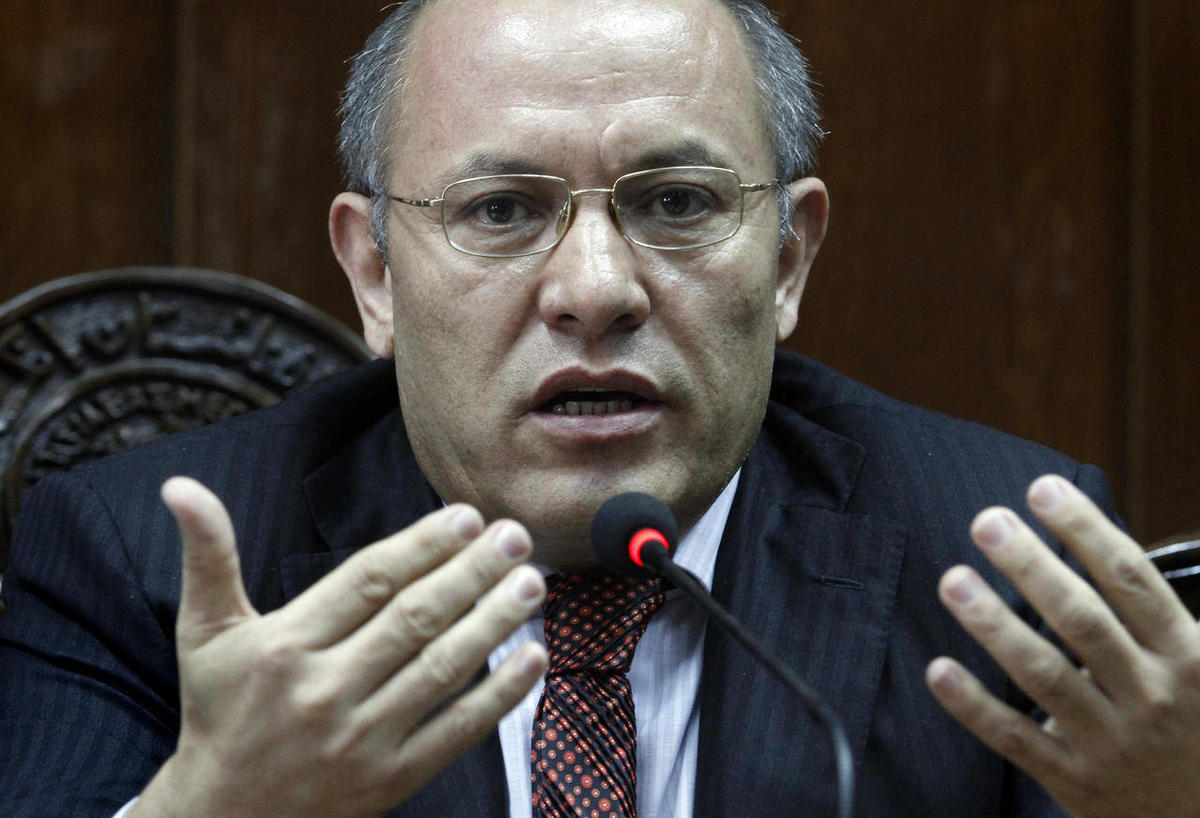The most successful tournament poker player from Afghanistan in history died last week in a Kabul prison, where he was serving a 15-year sentence after being convicted of running a Ponzi scheme that siphoned off nearly $800 million from rebuilding efforts in the war-torn nation. He was 57 (though some reports cite his age as 55), with the official cause of death listed as heart disease.

Farnood had an accomplished poker record — with 24 cashes since 2002, including a few small wins, second place in a $1,500 PLO with Rebuys event at the 2006 WSOP ($165,274), and a WSOPE bracelet in 2008 for £2,500 HORSE ($140,039).
In winning the HORSE bracelet — his last recorded money finish in poker — Farnood had to beat a tough final table that included Jeff Lisandro, Phil Ivey, Mark Gregorich, and Howard Lederer.
Life After Poker
In total, Farnood racked up $627,647 total in poker winnings, the most ever by someone from Afghanistan.
But that money paled in comparison to what he was able to make in subsequent years running the Kabul Bank, Afghanistan’s largest private money lender, and a Moscow-based business that helped facilitate financial transactions in accordance with Islamic law.
Farnood also served as chairman of Pamir Airways, an Afghani airlines that went out of business shortly after he was arrested in 2011.
The charges against Farnood and several business associates alleged that he used the Kabul Bank he founded to funnel money into Dubai land deals and golf villas to the tune of $800 million, and used connections to the government of former president Hamid Karzai to get bundles of cash out of the country.
“What I’m doing is not proper, not exactly what I should do. But this is Afghanistan,” Farnood admitted in an interview prior to his arrest.
The scandal and threat of graft was enough to get the United States to temporarily cut off $3.9 billion in aid to Afghanistan in 2011.
Major Fraud and Suspicious Death
After an initial trial, Farnood was sentenced to five years in a civil prison and ordered to pay back the $800 million.
By 2014, the sentence was increased to 15 years as it emerged Kabul Bank was essentially a Ponzi scheme responsible for forgery, money-laundering, and embezzlement, and Farnood was sent to a military prison in Bagram, north of Kabul.
According to reports, the he died from a “heart disease” on Aug. 24, but his family does not necessarily believe the stated cause of death.
“I talked with my brother one day before his death. He was fine. We have no idea about it, the government knows how he died,” Farnood’s older brother Sherin Khan told Tolo News on Aug. 25.
“These individuals should have been kept in a civilian prison,” Afghanistan Chamber of Commerce and Industries CEO Atiqullah Nusrat said, “not in a military prison where conditions are tough.”


